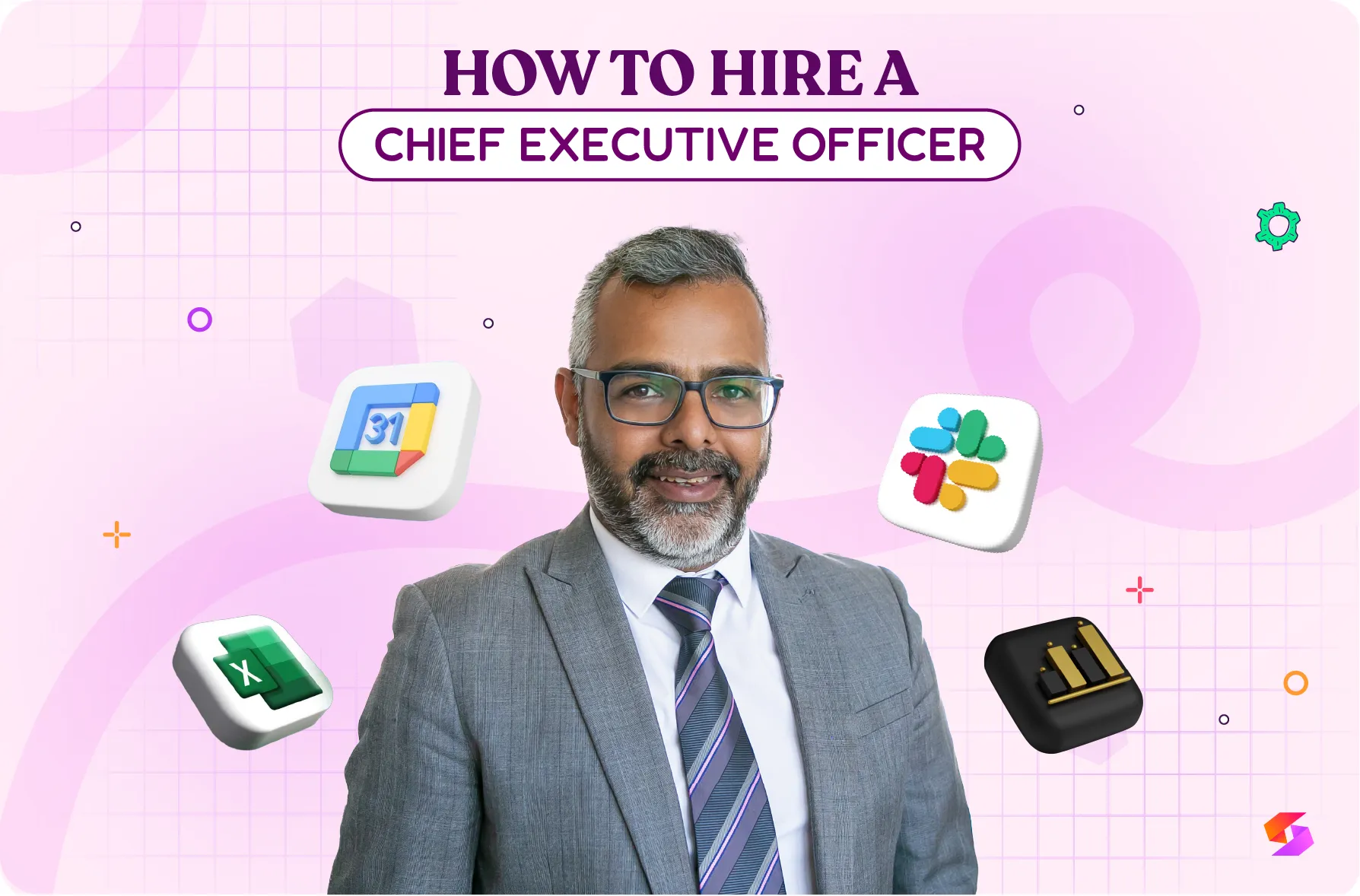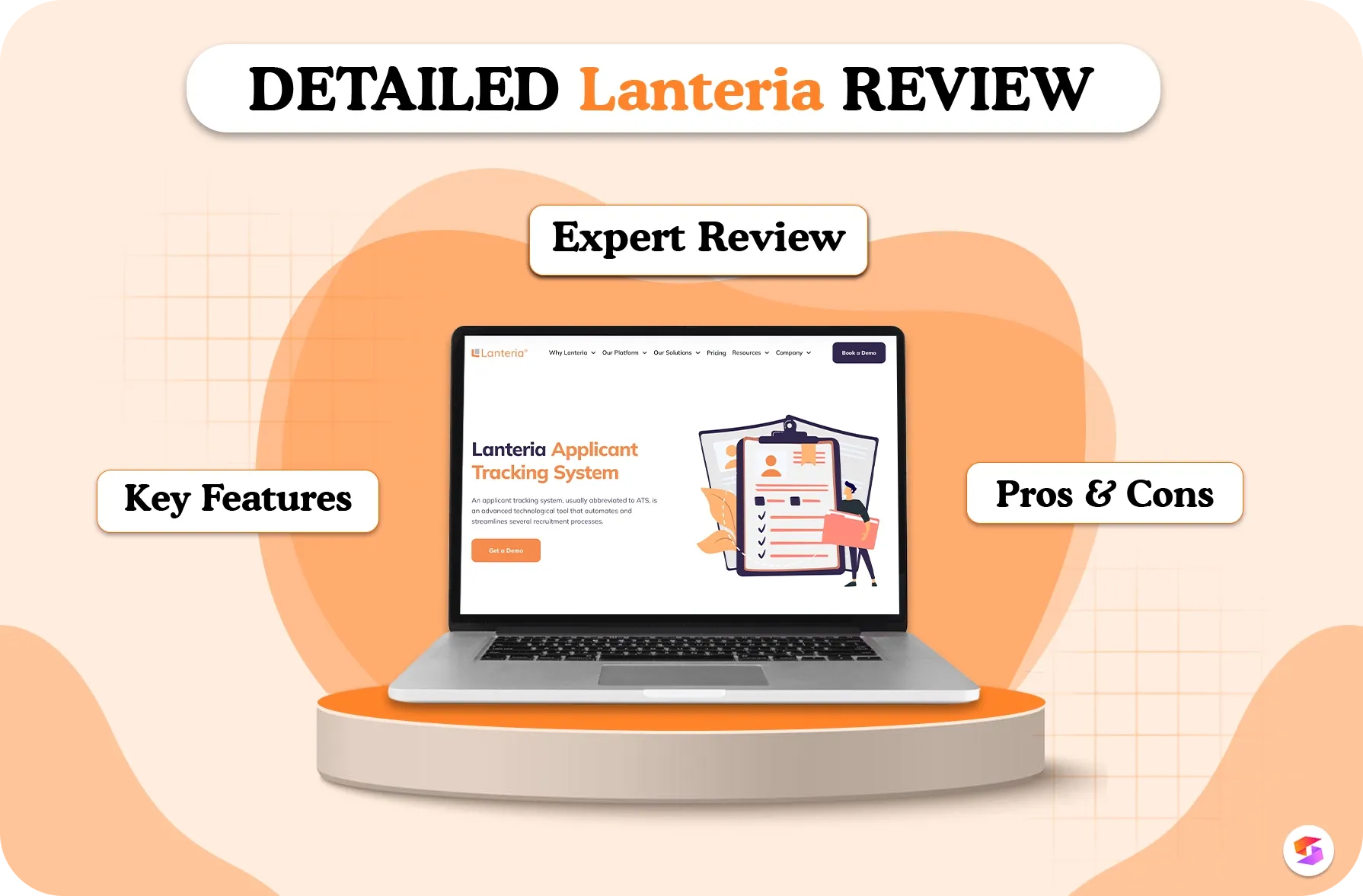Think back to all those times you felt mistreated during job applications. Do you remember the instances that made you vow never to work for certain employers due to their poor treatment of candidates? That’s exactly what ‘Candidate Experience’ encompasses.
A good experience can attract top talent, but a bad one will push them away. According to Clovers, 73% of organizations agree that better candidate experiences are essential for their business. Improving candidate experience isn't just about filling positions; it builds relationships and creates positive candidate impressions, helping solve recruitment problems.
This guide explores the importance of candidate experience, measurement methods, and strategies to enhance each recruiting step, fostering better relationships and improving recruitment success.
Understanding Candidate Experience & Why Does It Matter
Candidate experience encompasses a candidate's perceptions of a potential employer during the recruitment process, including interactions from job search, application review, interviews, to onboarding.
Improving candidate experience means enhancing every touchpoint with a potential employer, from simple calls with a recruiter to understanding the company’s structure. Each engagement, whether straightforward or complex, contributes to a positive candidate experience, essential for attracting and retaining top talent.
Having a good candidate experience is not an option but a necessity. It has significant business implications. Virgin Media had a report of losing approximately $6 million USD in 1 year due to poor candidate treatments. On the other side, an improved candidate experience can lead to improved financial performance of the organization in terms of overall benefits.
The perception candidates have of your hiring process, from the initial job post to the final decision, significantly shapes your employer brand. According to LinkedIn, “87% of talent says a positive interview experience can change their mind about a role or company they once doubted.” This highlights the critical need for an enhanced candidate experience to attract and retain top talent effectively. Prioritizing this can set your organization apart in a competitive market, ensuring you attract and retain the best candidates.
An enhanced hiring experience boosts the likelihood that candidates will recommend your company, while negative experiences can tarnish your brand.
How Do You Measure Candidate Experience?
To be able to effectively measure candidate experience, it is essential to divide the process into a series of concrete and actionable steps. The below-mentioned steps will serve as a guide to measure candidate experience:
1. Candidate Experience Surveys
Gathering Feedback Post-Interaction: Include surveys at various hiring stages: post-application, post-interview, and after the final decision. Ask candidates about communication clarity, ease of navigation, and overall company impressions to identify areas for improvement.
Key Metrics: These key metrics can help you measure the experience in an efficient way and analyse where you are lacking:
- Net Promoter Score (NPS): This metric determines the probability that an individual will recommend your company.
- Candidate Satisfaction Score (CSAT): This metric answers simple questions such as what do people like or dislike about the recruiting process?
2. Analyzing Recruitment Metrics
Application Drop-Off Rates: Find at which levels the job searchers are dropping out of the application process to determine trouble areas. Working on these trouble areas will help you reduce drop off rates.
No-Show Interview Rates: High no-show rates can indicate problems with interview scheduling or communication clarity. Addressing this is crucial, as 81% of candidates prefer employers who provide consistent status updates, according to LinkedIn. Continuous communication can significantly improve candidate engagement and reduce no-shows.
Offer Acceptance Rates: Low acceptance rates indicate possible flaws in candidate engagement or the compensation package. Addressing these issues is essential for attracting top talent and ensuring competitive offers.
3. Tracking And Analysing Candidate’s Behaviour:
Follow Industry Benchmarks: Track key metrics related to your candidate experience, such as time-to-hire, offer acceptance rate, and turnover rate. Comparing these metrics to industry benchmarks can reveal areas needing improvement. This data-driven approach helps you identify weaknesses and optimize your hiring process for better results.
Post-Application Feedback And Data Behavioral Data Collection: Monitor a candidate's behavior as they navigate through your career site or application process. This can help you identify where your application process may not be user-friendly, and may deter candidates from applying.
Exit Survey: Gather feedback from candidates who withdraw their application, or when a candidate declines an offer. This can provide valuable insights into where you may be losing candidates, and help you to make necessary improvements.
4. Third Party Insights
Monitor Employer Review Sites: Regularly check platforms like Glassdoor and Indeed for candidate feedback about your recruitment process. These reviews provide insights into the candidate's perception of your hiring practices.
Social Media Sentiment: Analyze mentions and comments on social media to understand public perception of your hiring practices. This can help you identify areas for improvement and enhance your employer brand.
5. Technology And Process Efficiency
Time-to-Hire: Measure the duration from job posting to candidate onboarding to assess process efficiency. Reducing time-to-hire can enhance the candidate experience by ensuring a faster and smoother hiring process.
Cost-per-Hire: Calculate the total cost involved in hiring to evaluate the financial efficiency of your recruitment process. Optimizing cost-per-hire ensures better resource allocation and a more efficient hiring process.
Source of Hire: Determine which channels yield the best candidates and focus on optimizing those sources. This helps in targeting the right candidates and improving the overall candidate experience.
By integrating these strategies, you can gather comprehensive data to enhance your candidate experience, leading to better recruitment outcomes and a stronger employer brand. Regularly reviewing and acting on this feedback ensures continual improvement in your recruitment process, fostering a more efficient and positive hiring environment.
Ways To Enhance Candidate Experience
A standout candidate experience is a must to lure and keep the best talent in a competitive job market. Right from the time that a candidate gets involved with your company, his/her experience can go a long way to influence their perception of your brand. Here is how to improve the candidate experience at different stages:
During Application Stage
- Firstly, the job application process should be seamless if one wants to enhance the candidate experience. This means streamlining the application form so it only includes core details required, which is easy to fill in.
- In order to reduce candidate’s time and efforts into repetitive tasks, use auto-fill functionality and combine it with platforms such as LinkedIn to source majority of their information.
- You should ensure that your job description sets out exactly what duties are expected from candidates plus other employee benefits while complying with your company's culture.
- A user-friendly interface on your career site is crucial; therefore, it should be navigated easily and friendly to mobiles since there are many candidates who send via smartphones.
- Further include a status bar and clear timelines for each stage of the application process, keeping candidates informed and reducing anxiety by offering visibility into their application status.
During Initial Communication
- The initial communication sets up for the rest of the candidate experience. Respond to candidates promptly with an acknowledgement email that identifies the expected next steps.
- Personalize your communications to show candidates they are valued. Inform them about the interviewer, the open roles, interview schedule, and duration to ease their anxiety.
- Use automated systems to plan interviews but keep a human contact point for any queries or issues that applicants may possess.
- Even if there is no fresh news, regular updates are beneficial because they can serve as effective sources of information that help keep employees involved and minimize some of the ambiguity leading to possible decline in the number of applications submitted by potential candidates.
- An initial communication strategy done well can have a considerable impact on how candidates view your company.
During Interviews
- When it comes to the candidate experience, the interview stage plays a critical part. The interviewers should be prepared by making sure they have gone through each of the resumes and applications of every candidate.
- When interviewing is done in-person or virtually, this aspect calls for a welcoming environment to be set up. An explanation about how the interviews will be conducted and who will participate must be made clear.
- Ensure that candidates have enough time to ask questions and provide them with detailed information about job expectations as well as corporate culture.
- After an interview takes place, make sure you provide feedback in a considerable time. Even if not selected, these actions will show respect for their invested time and effort, thus leaving a positive impression behind.
- By efficiently handling the interview process you can greatly enhance your company’s standing among the highly skilled personnel.
You can develop a favourable employer brand by working on these areas. It will result in creating a positive and interesting candidate experience besides attracting top candidates.
End Note
The competitive recruitment landscape demands exceptional candidate experiences for attracting and retaining top talent. Prioritize every step of the candidate's journey, from the initial application to the final interview. This not only differentiates your business but also builds a successful team that drives future growth. Enhancing this experience leads to better engagement, a strong employer brand, and contributes to the formation of a thriving organization.



